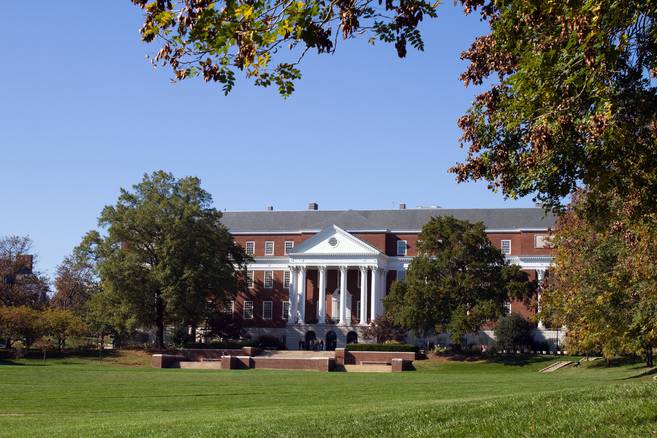University of Maryland Resumes Greek Life with Continued Vigilance
In a decisive move, the University of Maryland, College Park has reinstated Greek life activities with a watchful eye, following a brief suspension due to alarming hazing and alcohol-related incidents. The university’s administration, while lifting the ban, continues to scrutinize five chapters that are still under investigation. This article delves into the intricate balance between student freedoms and campus safety, highlighting the university’s commitment to fostering a responsible fraternity and sorority environment.
Navigating the Path to a Safer Campus: UMD’s Greek Life Emerges from Suspension with Renewed Focus on Student Well-being
Background of Greek Life Suspension
Patricia Perillo, Vice President for Student Affairs at the University of Maryland, recently addressed the community regarding the temporary halt of fraternity and sorority activities. The suspension, which lasted a fortnight, was a response to troubling reports of hazing and dangerous alcohol consumption within these organizations. The pause was deemed necessary to safeguard the community and to conduct a thorough evaluation of the situation, despite the impact it had on the members, especially the newcomers.
The university’s proactive stance was clear: the safety and prevention of harm took precedence over traditional social activities. This decision underscored the institution’s dedication to the well-being of its students, even when faced with difficult choices.
Investigation Process and Interviews
InCompliance, a consultancy firm, was enlisted by the university to delve into the allegations and to engage with students through interviews. This extensive process involved over 150 conversations with fraternity and sorority members, aiming to shed light on the allegations and to ensure a comprehensive understanding of the events in question.
The investigation’s findings led to the continuation of scrutiny for five specific chapters, as announced by Perillo. The details of the restrictions imposed on these chapters, however, were not disclosed, maintaining a focus on the ongoing investigation.
Legal Challenges and Free Speech Concerns
Amidst the suspension, a legal dispute surfaced as the Fraternity Forward Coalition challenged the university’s actions, claiming an infringement on First Amendment rights. The controversy escalated to the point where a hearing was scheduled in the U.S. District Court. The university’s decision to lift the suspension was seen by some as a reaction to the impending legal pressure.
Wynn Smiley, a spokesperson for the coalition, expressed determination to continue legal action against the university, accusing it of unlawfully targeting fraternity and sorority members and undermining their freedoms.
Fraternity Forward Coalition’s Involvement
The Fraternity Forward Coalition has been vocal about the university’s approach, criticizing the broad suspension and the lack of specific allegations. Smiley highlighted the coalition’s concerns about the investigative methods employed, including requests for personal information from students’ cell phones, which raised privacy issues.
The coalition’s support extended to providing legal counsel to students during interviews, although the attorneys were limited to listening in. The nature of the questions asked during the interviews was also a point of contention, as they were perceived as intrusive and potentially incriminating.
University’s Steps for a Safer Greek Life
In the aftermath of the suspension, Perillo outlined a series of measures aimed at reinforcing the safety and well-being within Greek life. These included the formation of a working group comprising various stakeholders, a review of training programs, and the establishment of more effective reporting mechanisms for hazing and other concerns.
The university’s commitment to improving fraternity and sorority life was evident in its plans to enhance communication and educational opportunities related to substance use. These steps represent a concerted effort to not only address current issues but also to proactively cultivate a healthier and more responsible campus culture.
